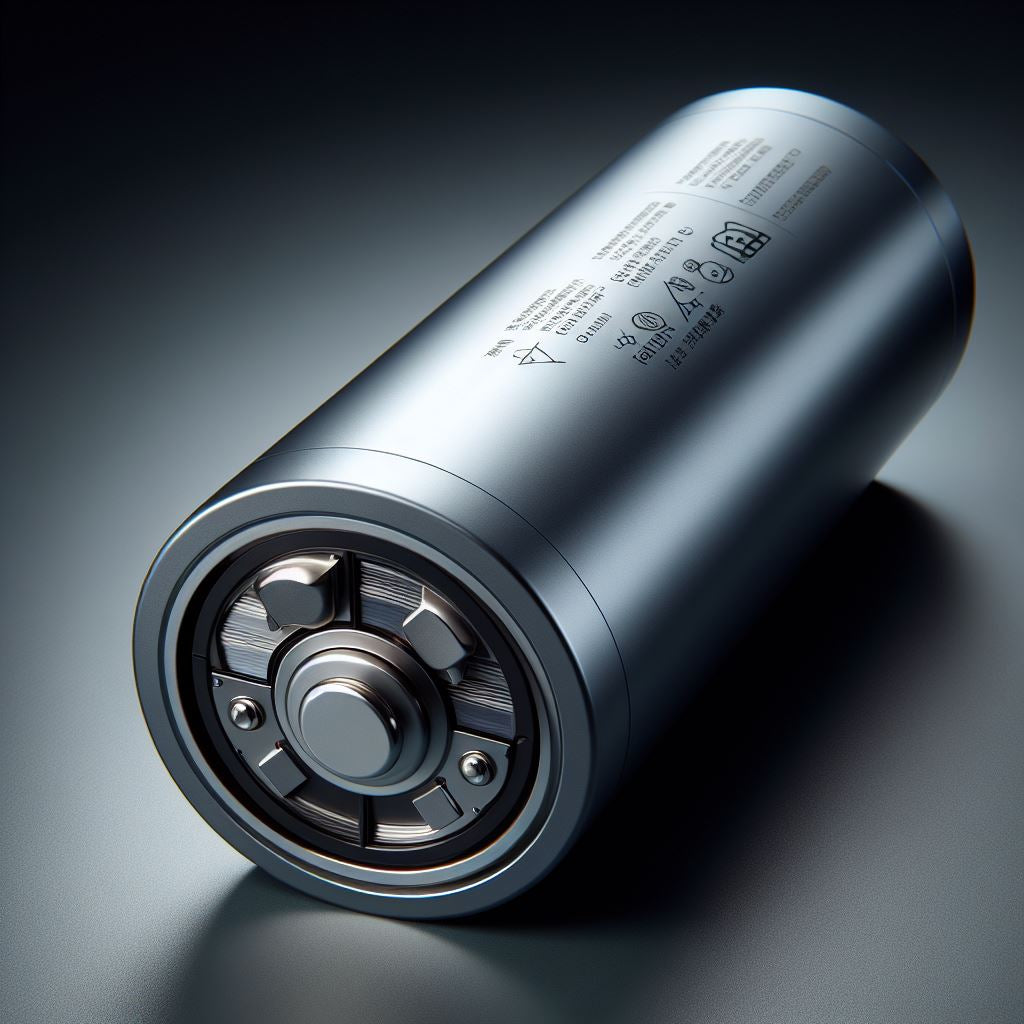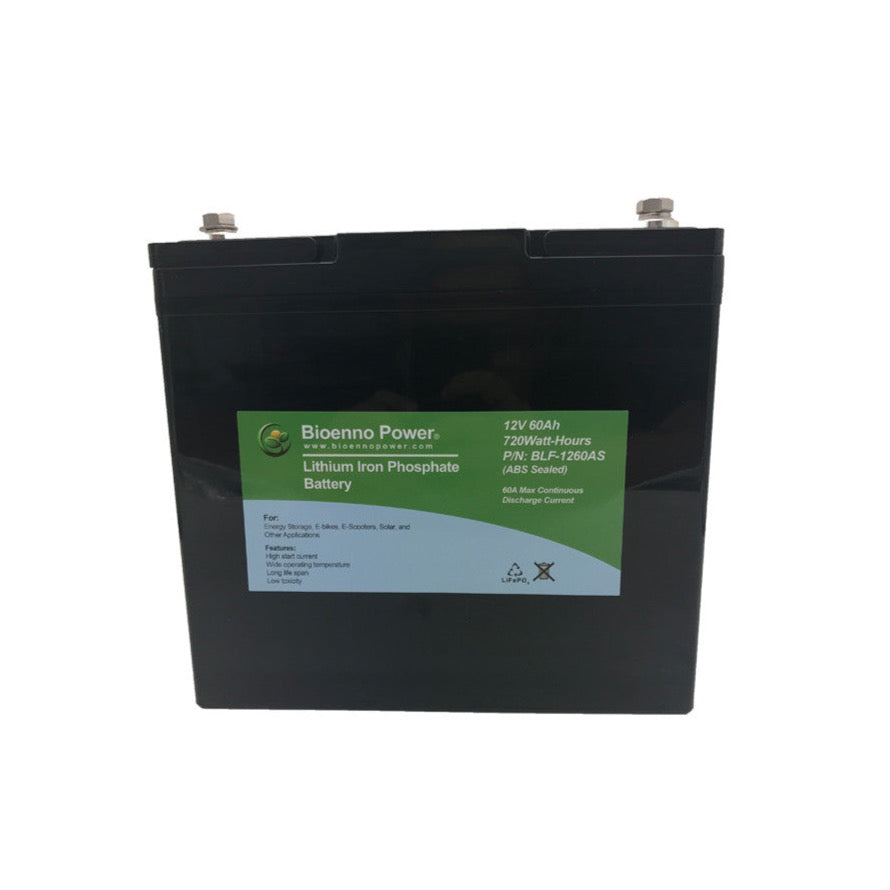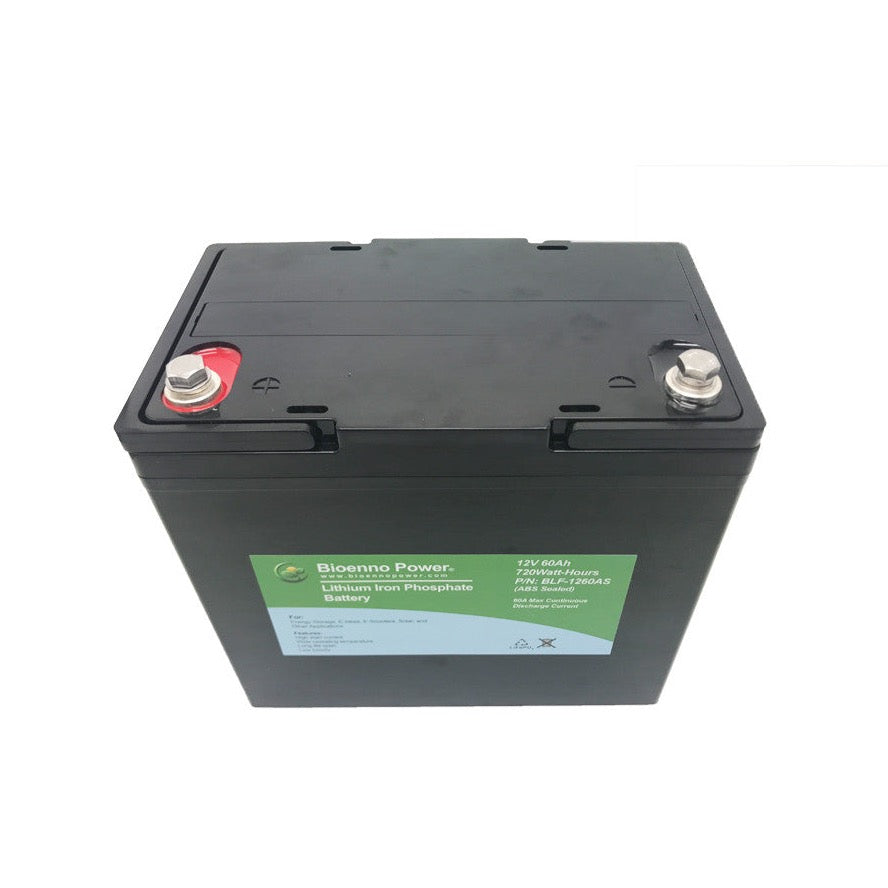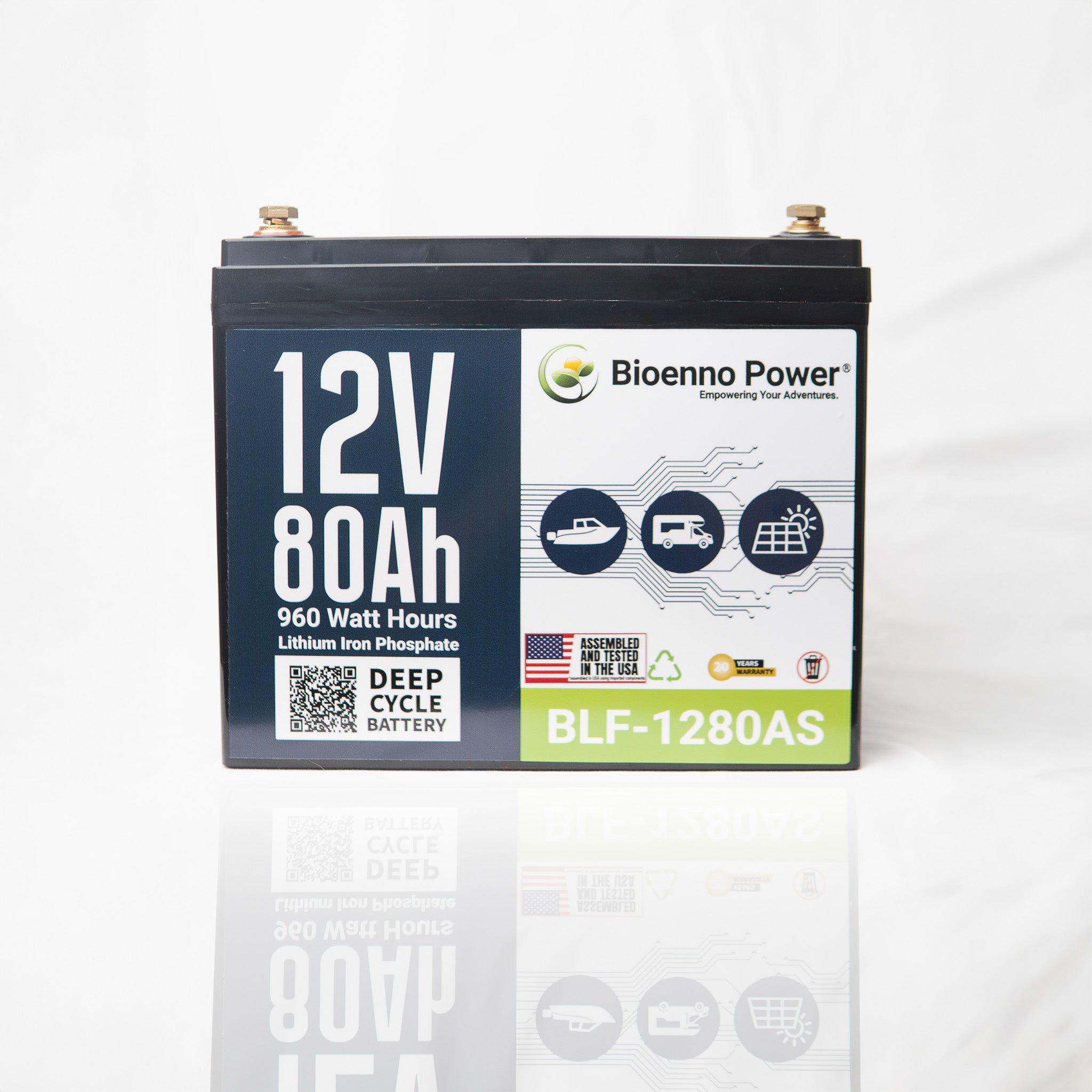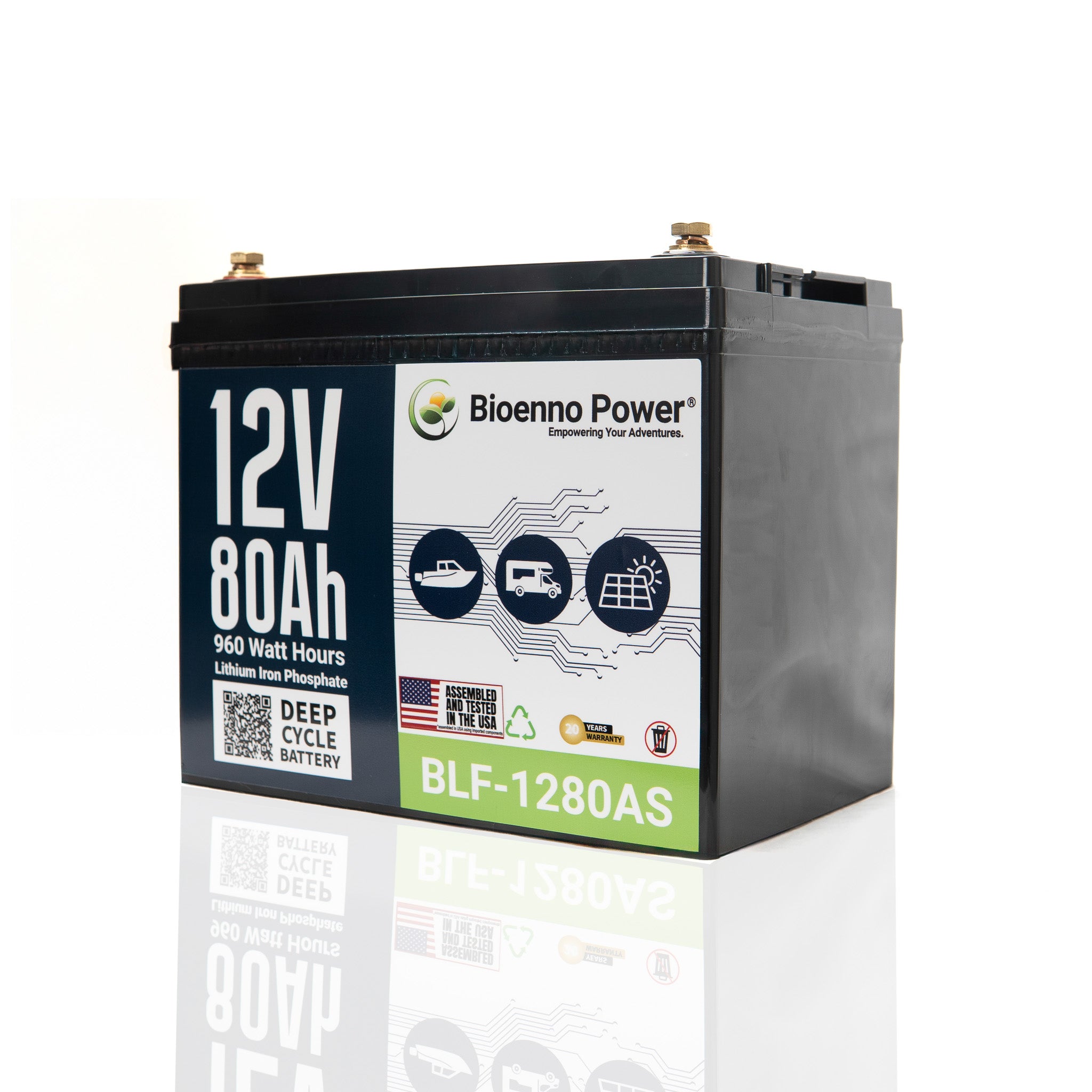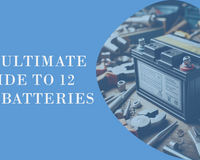Choosing the right battery is key whether you're powering gadgets, setting sail, or living off the grid. We'll dive into the details of lithium-ion (Li-ion) and lithium iron phosphate (LiFePO4) batteries to help you decide which one fits your life best. To understand the Lithium battery revolution and why it's all anyone is talking about read our full write on the topic.
Understanding Lithium-Ion Batteries
Li-ion batteries are the go-to for many because they're lightweight and pack a big punch in a small package. This makes them ideal for everyday devices like smartphones, laptops, and even electric cars. Here's what you need to know:
- Powerful and Compact: They offer a lot of energy, so your devices can run longer on a single charge.
- Fast Charging: Li-ion batteries charge quickly, getting you back to full power sooner.
- Care Needed: These batteries require a Battery Management System (BMS) to keep them safe from overcharging or overheating.
Exploring Lithium Iron Batteries (LiFePO4)
LiFePO4 batteries have gained fans for their safety and longevity. They're especially good for situations where you need a battery that can take a lot of use over time, like in solar power systems or boats. Here's the scoop:
- Safety First: With a stable chemistry, they're less likely to overheat or catch fire.
- Long Life: These batteries can handle being charged and used up many times, making them a long-term investment.
- Heavier: They're bulkier than Li-ion, which might be a consideration depending on how you plan to use them.
Comparing Lifespan and Usage
- LiFePO4 for the Long Haul: If you're looking for a battery that lasts, LiFePO4 is likely your best bet. They're built to withstand many charge cycles with minimal loss in performance.
- Li-ion for High Energy Needs: For devices that need a lot of power but where space is limited, Li-ion batteries are the top choice due to their higher energy density.
Let's Talk Cost for Li-Ion and LifePO4 batteries
- Initial vs. Long-Term Cost: Li-ion batteries might seem cheaper at first glance, but LiFePO4 could save you money over time because of their longer lifespan and reliability.
- Investing Wisely: Considering the total cost of ownership, including replacement and maintenance, can help you decide which battery type offers the best value for your specific needs.
Environmental Impact and Safety
Both battery types have an environmental impact, but it's how they're made and disposed of that counts. LiFePO4 batteries often have the edge in terms of eco-friendliness and recyclability. Safety-wise, LiFePO4's stable chemistry reduces the risk of fires and explosions, making them a safer choice for home and outdoor applications.
Choosing What's Right for You
Deciding between Li-ion and LiFePO4 batteries comes down to your specific needs:
- For Portability and Power: Go with Li-ion if you need a lightweight, high-energy battery for portable electronics or vehicles.
- For Safety and Longevity: Choose LiFePO4 if you're setting up a system that requires a safe, durable battery with a long life, like solar power storage or marine applications.
Conclusion
There's no one-size-fits-all answer when it comes to choosing between Li-ion and LiFePO4 batteries. Consider how you'll use the battery, the initial and long-term costs, and the environmental impact to make the best decision for your needs.

